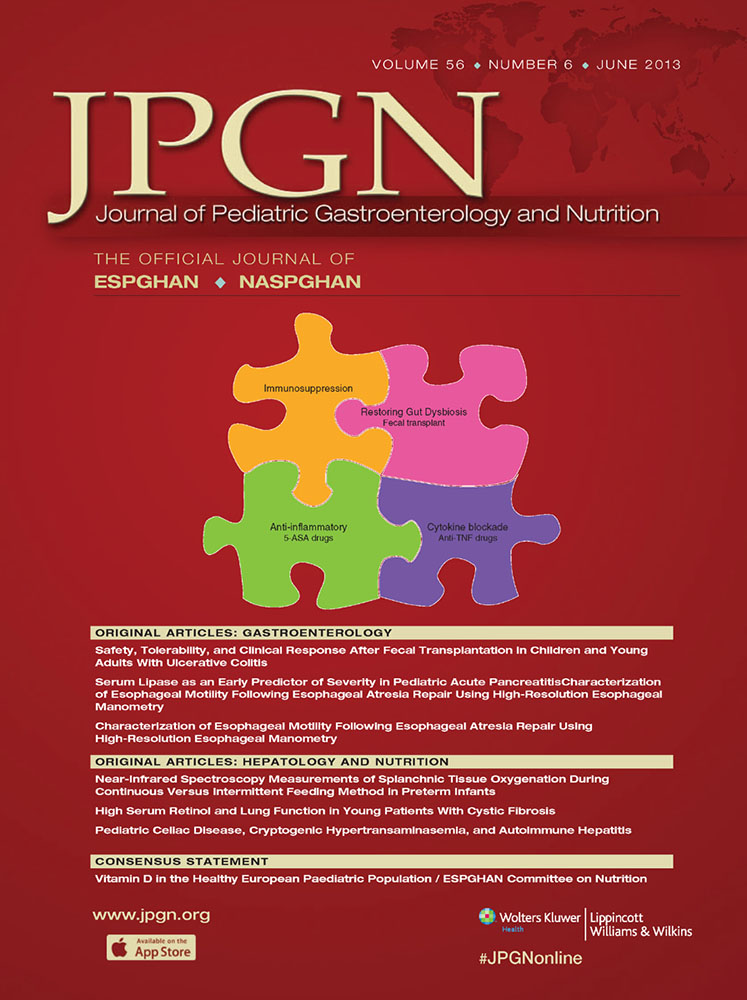Premature Delivery Reduces Intestinal Cytoskeleton, Metabolism, and Stress Response Proteins in Newborn Formula-Fed Pigs
This work was supported by the Danish Research Councils and the Universities of Copenhagen and Hong Kong.
The authors report no conflicts of interest.
ABSTRACT
Objective:
Preterm infants often show intolerance to the first enteral feeds, and the structural and functional basis of this intolerance remains unclear. We hypothesized that preterm and term neonates show similar gut trophic responses to feeding but different expression of intestinal functional proteins, thus helping to explain why preterm neonates are more susceptible to feeding-induced disorders such as necrotizing enterocolitis (NEC).
Methods:
Incidence of feeding-induced NEC, intestinal mass, and brush border enzyme activities, and the intestinal proteome in preterm cesarean-delivered pigs were compared with the corresponding values in pigs delivered spontaneously at term.
Results:
For both preterm and term pigs, mucosal mass and maltase activity increased (50%–100%), whereas lactase decreased (−50%), relative to values at birth. Only preterm pigs were highly NEC sensitive (30% vs 0% in term pigs, P < 0.05). By gel-based proteomics, 36 identified proteins differed in expression, with most proteins showing downregulation in preterm pigs, including proteins related to intestinal structure and actin filaments, stress response, protein processing, and nutrient metabolism.
Conclusions:
Despite that enteral feeding induces rapid gut tropic response in both term and preterm neonates, the expression level of cellular proteins related to mucosal integrity, metabolism, and stress response differed markedly (including complement 3, prohibitin, ornithine carbamoyltransferase, and arginosuccinate synthetase). These proteins may play a role in the development of functional gut disorders and NEC in preterm neonates.




